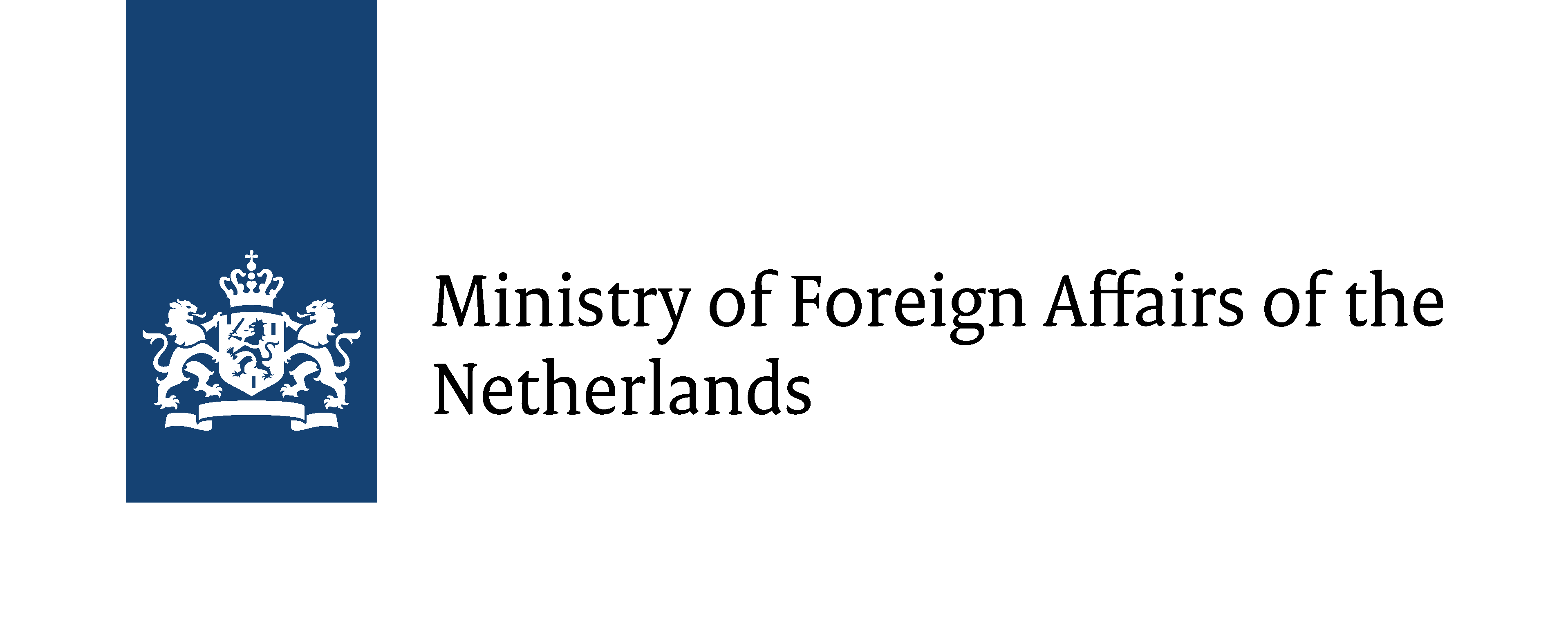Partner Organizations




Development Partners






The development objective of the Green Growth PASA is to advance the reforms proposed by the CCDR by filling in the analytical and advisory gaps identified during its preparation. The activity will be built around two pillars: (i) economic modelling and impact assessment; (ii) greening fiscal policy.
Consistent with the objective of the Integrating Gender Equality into Tax Reform ASA, the objective of the proposed additional activity – Vietnam Tax Reform Technical Assistance – is to support Vietnam in strengthening their revenue policies and institutions and improving the efficiency and equality of their tax systems so that these systems are robust generators of public funds, growth-oriented, and fair.
This Public Expenditure Review (PER) aims to help the Government of Zambia (GoZ) identify ways of improving its fiscal space, identify key constraints to efficient and effective public spending, and offer ways to improve the quality of spending to achieve
The goal of this project is to increase the fiscal space of countries around the World through the reform of tax incentives. This is aimed to be achieved by building capacity of policy makers to evaluate the costs and benefits of their tax incentives, sharing best practices (policy and administration) on the management of tax incentives, and increasing transparency on the effectiveness of tax incentives among the wider public to encourage their reform. This project would develop and disseminate the tools for the estimation of, the revenue foregone due to tax incentives (tax expenditure), the costs versus the benefits of tax incentives; guidance on a common methodology for an universal definition on benchmarks to define tax incentives; regional frameworks (code of conduct) to foster an harmonized approach to reduce tax competition and, global databases to facilitate country specific analysis and regional and international comparison.
Supports developing countries in increasing domestic resource mobilization and achieving the SDGs. Under the Initiative, taxation is considered both a tool for revenue collection and a policy instrument to encourage sustainable growth strategies and influence behaviour towards desired outcomes related to climate, nature, well-being, and governance.
The overall objective is to support developing countries in their efforts to identify, assess and understand their risks for tax crimes and the laundering of its proceeds and contribute to the development of more effective action plans to mitigate these risks.
The Tanzania Economic Updates are bi-annual publication of the World Bank aimed at providing an update on key economic developments and policies over the past six months with a special focus on a key development challenge facing the country.
The project aims to inform and enhance capacities for implementing comprehensive tax policy and administration reforms in Tajikistan emphasizing efficiency, simplicity and equity.
The overall project development objective (PDO) of this activity is to support country authorities—the Ministries of Finance, Tax and Customs Authorities, and Ministries of Health—in introducing/increasing and/or reforming health taxes in Low-and Middle Income Countries (LMICs) with World Bank Advisory Services and Analytics (ASA).
The development objective is to support the tax reform through the analysis of legislative changes and technical requirements for self declaration and refilling for personal income tax in Armenia.









